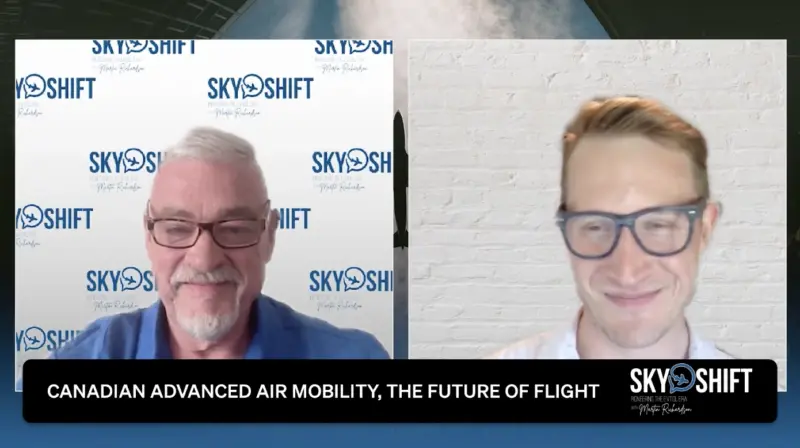Designing Energy and Power Solutions for a Sustainable Future, Today!
In the latest episode of “Are We There Yet?”, host Grant Harrell interviewed Erika Lauren Guerrero, the founder and CEO of Electric Goddess — a California battery consultation and testing company, along with Luke Workman, the company’s Chief Scientist. The pair talked with Harrell about their experience in the electric transportation field, the state of batteries and testing, and battery-operated transportation/mobility.
Workman is extremely confident in the company’s testing capabilities, and stated that Electric Goddess’ testing operations truly aim for genuine issues that a battery will demand, as opposed to testing that always needs interference. In regards to their overall safety measures, he maintained that their battery pack designing capabilities are essentially failproof! Such batteries can be found today in electric bicycles, or e-bikes for example.
“If it’s a pack that we designed and validated for our clients, then yeah I can say it’s safe. It’s so safe that for example we shoot, say five, three inch nails into them while they’re preheated to max temperature at 100 percent state of charge,” said Workman.
Workman even added that in a case where all odds are against a battery pack, it is still very rare for self-defectiveness to overtake it. With various testing ranging from decay to laser heat tests, Workman said issues are “almost non-existent.”
Companies that they work with often come with very challenging tests, so challenging, in fact, that Workman stated they perform “tests that other labs turn down.”
Being in this niche area has allowed them to create and build equipment to address many of the major problem areas that haunt the industry.
Despite safety concerns with certain electric vehicle companies and an uptick in recalls, there is a way to prevent or decrease them. To avoid a recall, Guerrero’s advice to companies contends that they should be more familiarized with potential issues beforehand.
Because they perform the tests that many companies would prefer to avoid, Guerrero knows exactly why some problems are recurring.
“We’re getting more information out there because we need more people to understand the concept that batteries are not one-size-fit-all so you need to understand your application…but you also really need to think critically about testing to failure and understanding your margins on when does it fail, and how does it fail, and I think that that will help the industry a lot,” said Guerrero.
Testing is more than just checking a box and logging in a book, Workman stated.



